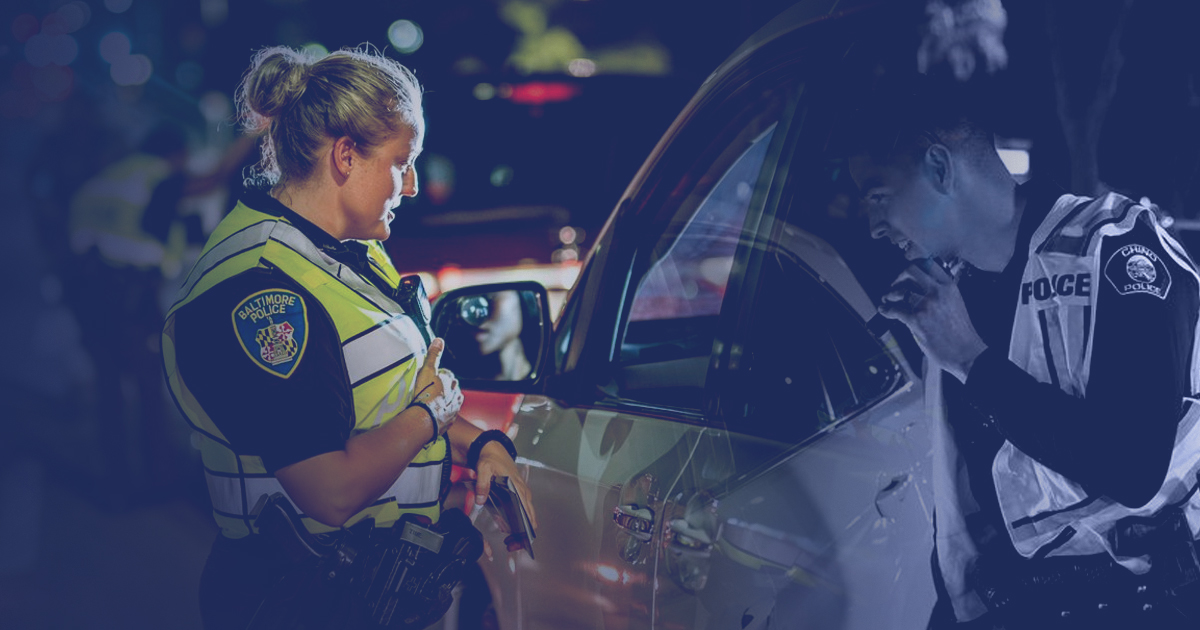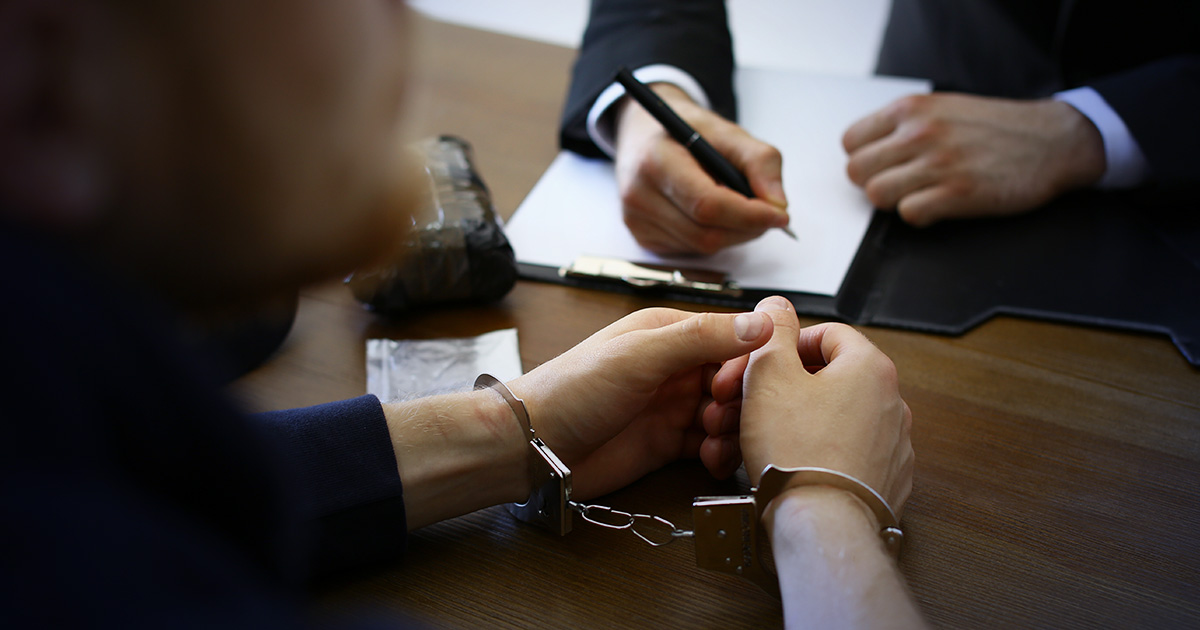Available 24/7 and Obligation Free
Available 24/7 and Obligation Free
Available 24/7
When it comes to Common Law DWI – don’t risk your family, your license, your job, or your financial future. Our Attorneys have the experience to defend you and fight your Common Law DWI charge.
Our relationships and understanding of local courts, judges and prosecutors are key to helping our clients get the best possible legal outcomes.
A Common Law DWI charge in New York State (NYS) is a charge of driving while intoxicated, even if the driver’s blood alcohol content (BAC) is not at or above the legal limit of 0.08%. This type of DWI charge is often brought against drivers who refuse to take a breathalyzer test.
To prove a Common Law DWI charge, the prosecution must show that the driver was operating a motor vehicle while their ability to operate the vehicle was impaired by alcohol or drugs. This can be done by using a variety of evidence, including:
If the prosecution is able to prove beyond a reasonable doubt that the driver was operating a motor vehicle while their ability to operate the vehicle was impaired by alcohol or drugs, the driver can be convicted of a Common Law DWI.
The specific penalties that a defendant faces will depend on the facts of the case and the defendant’s criminal history. For example, a defendant with a prior DWI conviction may face more severe penalties than a defendant with no prior DWI convictions.
It is important to note that a conviction for common law DWI in NYS will result in a permanent criminal record. This can have serious consequences for the defendant’s employment, housing, and other aspects of their life.
If you are facing a common law DWI charge in NYS, it is important to speak with an experienced DWI attorney as soon as possible. An attorney can help you understand your legal rights and options, and can build a strong defense on your behalf.
The prosecution can use a variety of evidence to prove a Common Law DWI, including:
The penalties for a Common Law DWI conviction in NYS are similar to the penalties for a regular DWI conviction. These penalties can include:
There are a number of defenses that may be available to a defendant facing a Common Law DWI charge. Some common defenses include:
It is not so easy to find a DWI attorney. People sometimes treat, and attorneys represent DWI charges as if they were simple traffic tickets. As a result, it can dramatically affect someone’s job, finances, freedom, and their ability to be valued members of our society.
With the government having access to an unlimited amount of resources to convict people, many times, people are forced to plead guilty to something that they either were not guilty of or something that would affect the rest of their life.
That’s why if you are facing a DWI charge, you need a competent, experienced, and respected attorney to defend you. The DWI TEAM is comprised of some of the most accomplished DWI professionals in New York state. Nave Law Firm has brought together these exceptional professionals as The DWI TEAM to offer DWI defense services of the highest order. With Nave Law Firm’s leadership, The DWI TEAM provides our clients with seamless service using the most cutting edge defense strategies in seeking the best outcome possible in their case.
Lorem ipsum dolor sit amet consectetur. Id amet scelerisque lectus pulvinar at amet. Magna vulputate.

